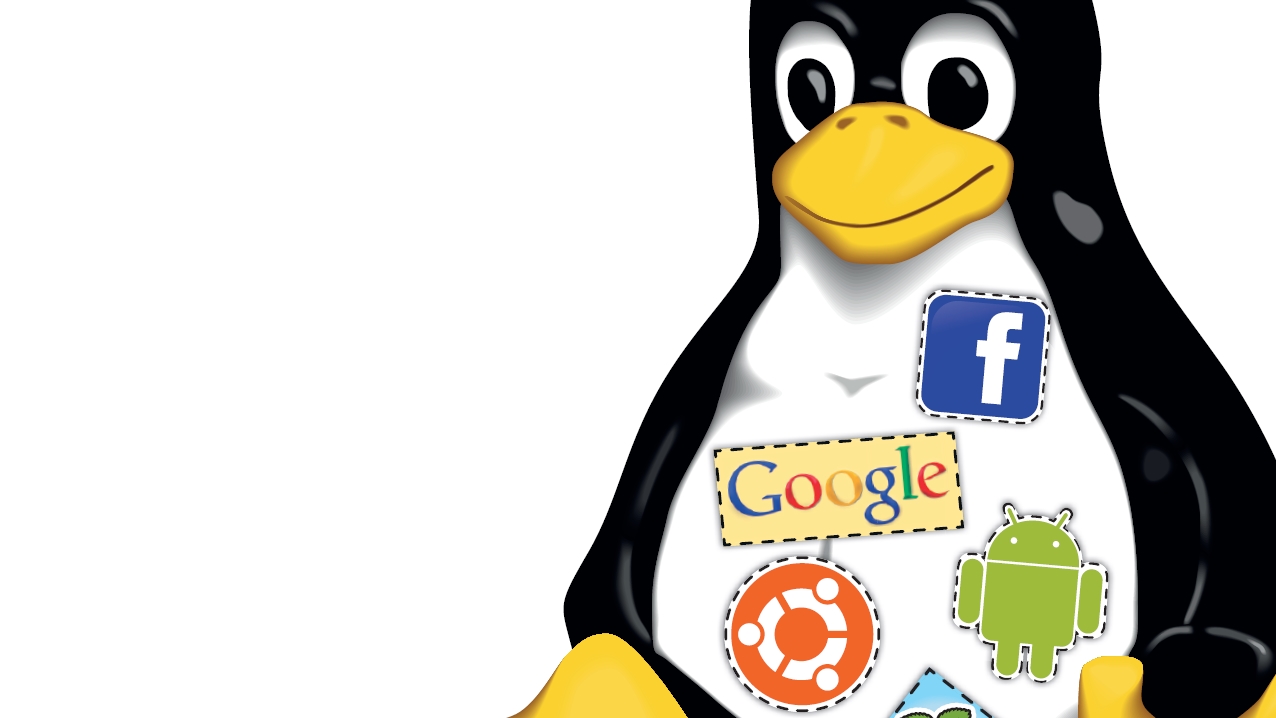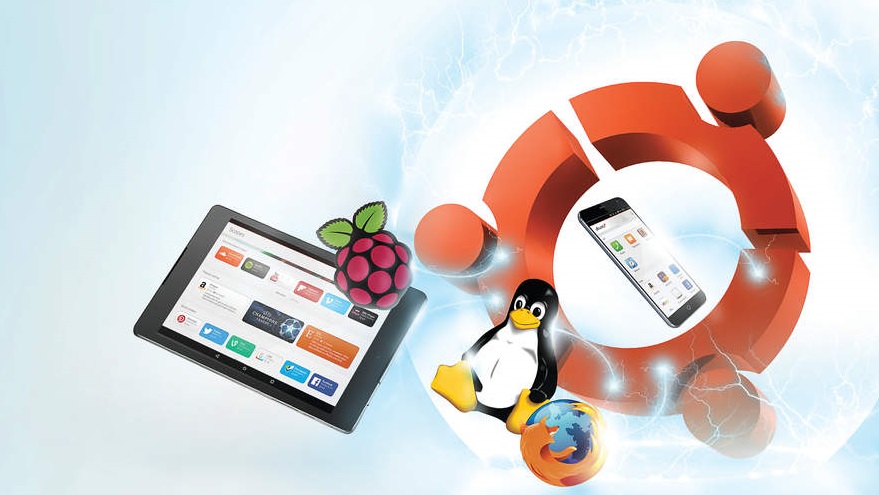What is Linux?
Linux explained

What is Linux? It means different things to different people, from the purist who considers it to be the kernel, to the GNU advocate who sees it as a part of GNU/Linux and the new user who thinks it is another name for Ubuntu.
In truth, Linux is all of these, depending on your point of view. Strictly speaking, the term Linux used alone refers to the kernel of the operating system, while GNU/Linux is the whole operating system, comprising the Linux kernel and GNU tools – either would be useless without the other (or one of its alternatives).
If you then add a collection of application software, along with some tools to manage the whole thing, you have a distro, such as Ubuntu.
There are lots of individual components that make up the operating system we know as Linux, but they are not that individual – they all have to fit together, so here we will try to explain how the whole is the sum of its parts, and what those parts do.

What is an OS? What is a distro?
An operating system can be defined as the software needed to enable the applications to run on the hardware –as such, it consists of several interleaved layers. At the heart we have the kernel, which interacts directly with the hardware through its drivers and allows other software to use that hardware.
On top of that, we have various layers that handle things such as input devices, networking, sound and video. Normally, you don't need to know anything about this. It can be helpful to know some of it when things go wrong, but even then it is not essential, especially if you can find someone to fix the computer for you.
But there is a good chance that you are interested in what is happening 'down below', so we will try to give you an idea of what goes where, and what it does when it gets there. A Linux distribution is just that, a way of distributing a Linux-based operating system and accompanying software.
Are you a pro? Subscribe to our newsletter
Sign up to the TechRadar Pro newsletter to get all the top news, opinion, features and guidance your business needs to succeed!
At the start, it was just the files the OS needs and a way of installing them on your computer. Along the way, distros acquired package managers, update tools, configuration GUIs and a host of other niceties.
However, underneath the user-friendly (or not if you are a Gentoo user) gloss, all distros are still Linux.
- These are the best Linux training providers and online courses in 2017